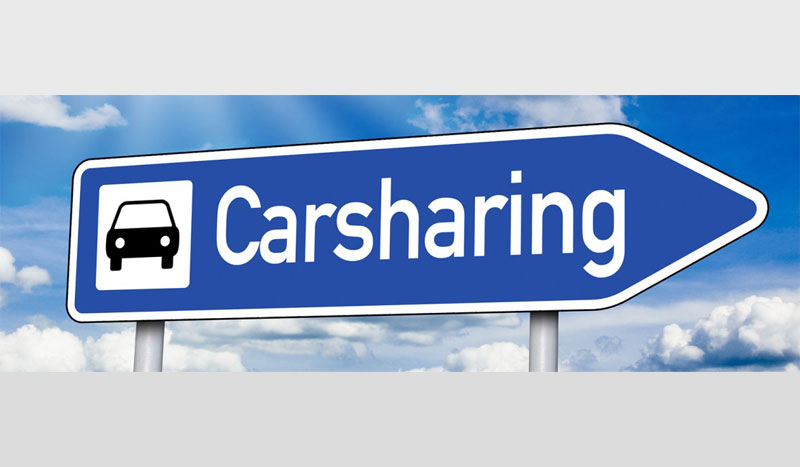
Syed Yusuf Saadat
Research Associate, Centre for Policy Dialogue
E-mail: saadat@cpd.org.bd
Car sharing brings about several conveniences for people living in urban areas. Users can save significant sums of money which they would otherwise spend on a car or pay a much lower amount for fuel and parking. Car sharing allows users to travel to locations which they could previously not go to using public transport. It has often been seen that people spend quite a lot of time in finding a parking spot near their workplace and the need to walk to and from the parking lot. Through car sharing, individuals either do not have to do this at all or need to do it on a more infrequent basis. Travelling by a car generally tends to be a lot quicker than other modes of public transport so passengers spend less time on the road. Many users may also spend a lot less time looking for parking spaces as they individually no longer have to find parking spots for their own cars. Through car sharing, individuals can get the benefit of gaining access to a car without many of the costs which are associated with it. They can use a car based on their needs without having to actually own one. Through being a part of the car sharing process, many users feel that they are bringing down pollution which satisfies their self-actualization needs of serving the environment.
However, a car sharing business model has its fair share of complications. A car sharing business may have to bear a great deal of initial investment if the company decides to purchase or lease vehicles. A car sharing company also has to develop a sophisticated software and make use of other forms of technology to handle its entire business operations. It also has to incur different legal fees and insurance fees when starting its business. The initial start-up costs make it hard for new entrants in the car sharing business. People who own a car generally tend to be fairly satisfied with using their own cars and may not have any desire to use car sharing. This group of consumers will be hard to convince in terms of using the service. Also, incentives provided may not seem attractive enough to convince people to use the service. A lot of users ultimately want to purchase a car (those who do not own one already) and car sharing is seen as a temporary solution to their travelling needs. Many people have pre-conceived notions about car sharing before even using the service. Some people have a perception that a car will not be available when they need it the most. Car sharing businesses are usually reliant on some form of technology to arrange bookings of cars by their users. Thus, any breakdown in technology can halt operations and situations can arise in which users will not be able to make bookings. Finally, when demand for a vehicle exceeds capacity, users are simply unable to get an access to a vehicle.

